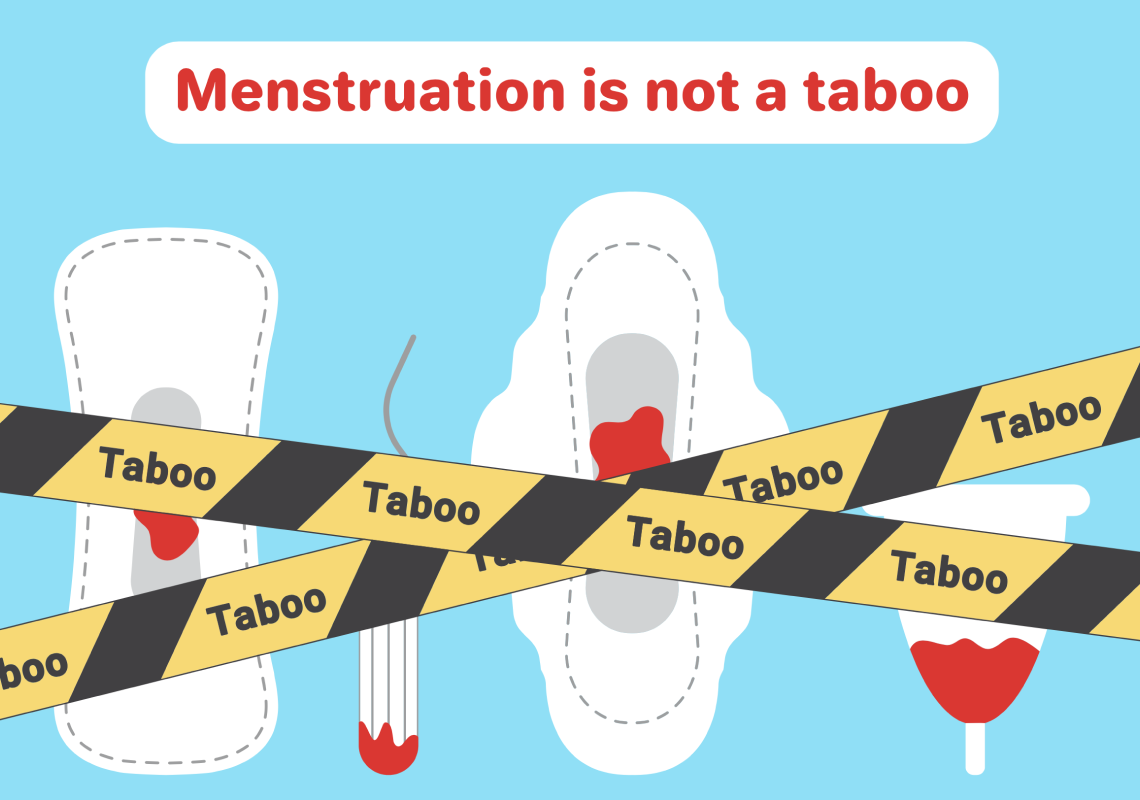SIX MYTHS ABOUT THE PERIOD
Period occupies such a great place in women's lives that naturally, many urban legends are told on the subject. We all know these superstitions from our first period.
We even apply some of them in our lives. However, we should listen to science on this topic and not be over-influenced by a negative discussion about our menstrual process, except our doctor.
Let us examine these urban legends together.
Period myth: Irregular period is a symptom of gynecological disease.
Let us Get This Straight: No, it is not. Yes, some major diseases can cause menstrual irregularity. On the other hand, long trips, stress, weight changes, medication treatments, and even seasonal changes can also affect the menstrual cycle. So there's no need to panic right away. Observe a little and consult a gynecologist if the irregularity persists.
Period myth: It is wrong to exercise during the period.
Let us Get This Straight: Are you kidding me? The truth is just the opposite. Proportional and proper physical exercise generally relieves period pain. Especially if you suffer from PMS (premenstrual syndrome)*, light exercise is highly recommended.
Period myth: Period pain disappears after pregnancy.
Let us Get This Straight: Although this is not a rule, some hormonal changes during pregnancy and postpartum in some women can reduce period pain. The more pregnancies and, of course, the longer the breastfeeding period, the more likely menstrual cramps will decrease.
Period myth: You cannot get pregnant during your period.
Let us Get This Straight: Ovulation is 14 days before the expected menstrual date in healthy women. On the other hand, ovulation can occur earlier, although rarely. For this reason, sexual intercourse can lead to pregnancy even if menstrual bleeding is not yet complete. If you do not have a pregnancy plan, you should be careful.
Period myth: A healthy period should last at least 5-6 days.
Let us Get This Straight: There is no specific timing for this. The timing of the period varies from person to person. Physical condition, time of year, and psychological factors can cause the time to change. In summary, medically speaking, a period of 2-8 days is considered normal.
Period myth: Showering during the period is harmful; it stops bleeding.
Let us Get This Straight: The shower we take has no proven effect on the amount and duration of the period. On the contrary, if we feel clean and fit, our period may be more comfortable. In addition, the hygiene of the genital area is essential for health.
Period myth: During the period, women experience a drop in physical and emotional performance.
Let us Get This Straight: A woman experiences hormonal changes not only during her period but also throughout the month. A drop in performance during the period has not been proven by research. We all take part in life with our productivity, joy, and vitality during our periods.
* You can read the details about this syndrome in our article titled, "What's PMS (Premenstrual Syndrome)?" [ED(1]
[ED(1]Sitede buradan PMS nedir yazısına link koyalım.

